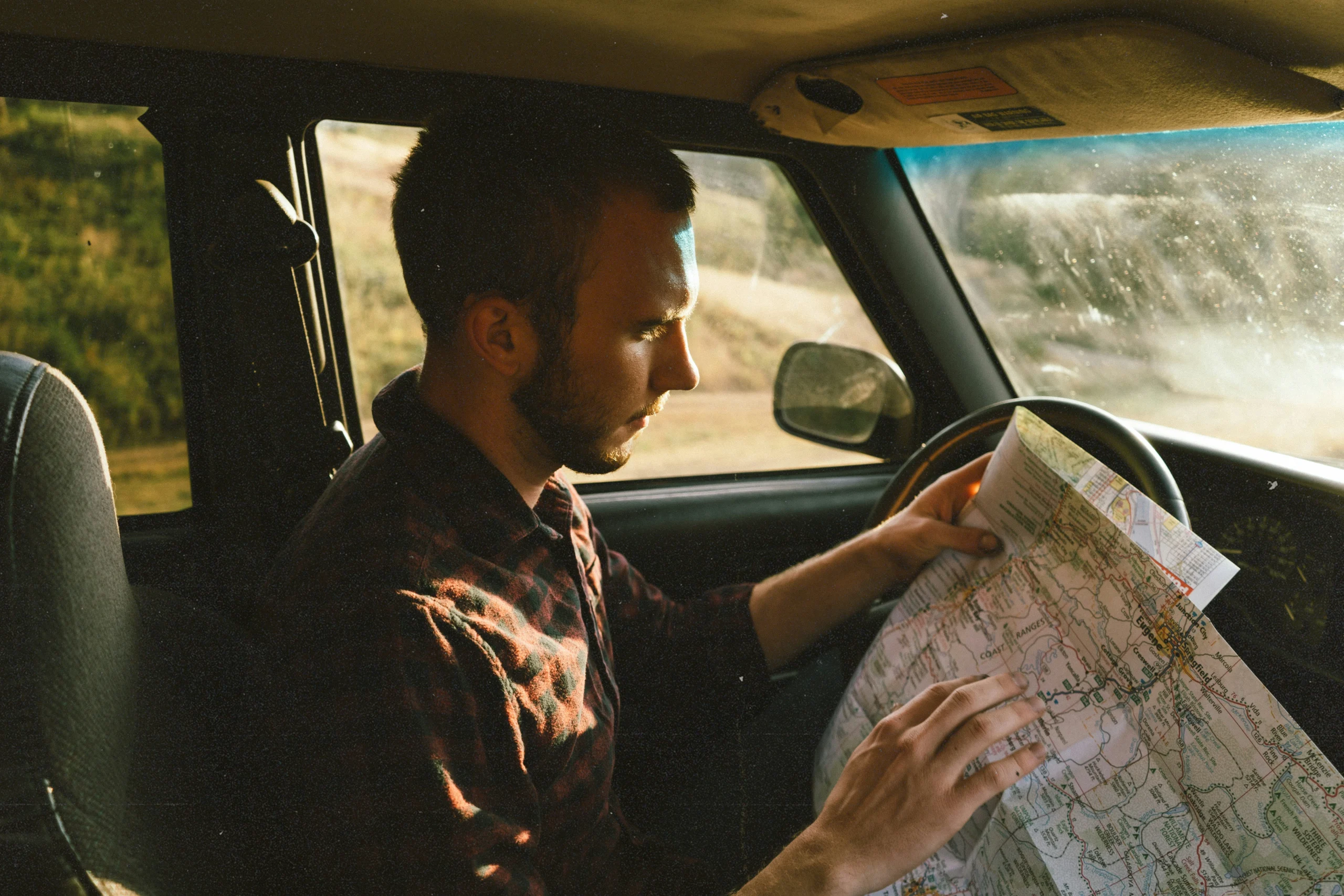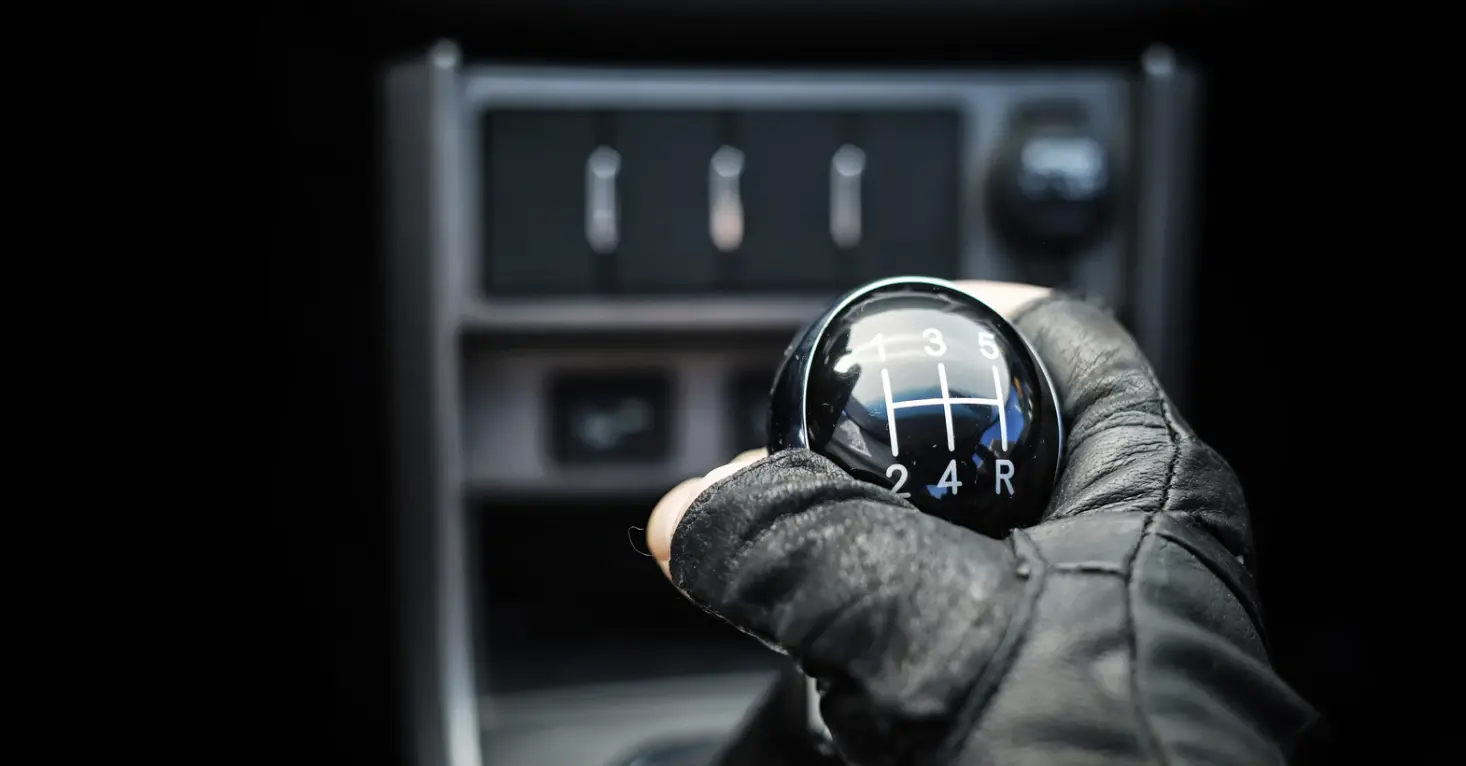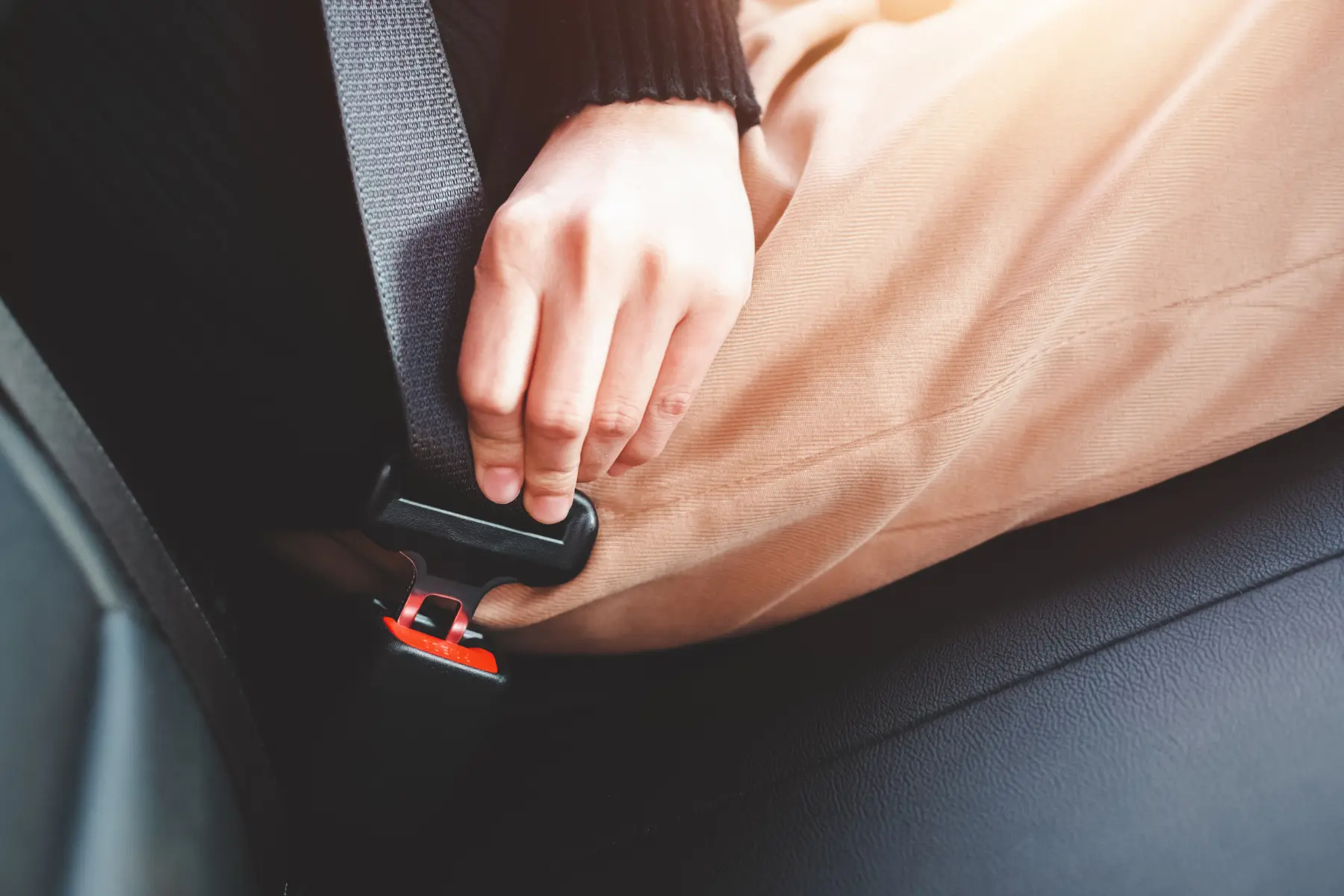As the saying goes, it’s always better to have a thing and not need it than need it and not have it. This is especially true when it comes to essentials to keep in your car. Certain items, like maps and jumper cables, will come in handy if you find yourself in sticky situations. Other items, like snacks and a tire pressure gauge, are just practical things to keep on hand even when everything is functioning optimally. From the essential to the handy, here are a few starter points you might want to consider carrying in your car at all times.
Basics
Jumper Cables
Carrying jumper cables as a safety staple is a good idea because they can be a lifesaver in situations where your car battery dies, leaving you stranded. They allow you to jump-start your car with the help of another vehicle, providing a convenient and immediate solution to get your car running again. This simple tool can save you from the inconvenience and potential costs of calling for roadside assistance or a tow truck. Additionally, having jumper cables not only benefits you but also enables you to assist other drivers in distress, fostering a sense of community and helpfulness on the road.
Tarp
Carrying a tarp in your car is beneficial for a variety of practical reasons. It can serve as protection for your vehicle’s interior when transporting potentially messy items, preventing stains and damage. A tarp can also be used as an impromptu shelter in case of unexpected weather changes or emergencies when you’re outdoors. Additionally, in the event of a breakdown or roadside issue, a tarp can provide a clean surface to work on or under the vehicle, protecting you from the ground. Its versatility and ease of storage make a tarp an essential item for preparedness and convenience on the road.
First Aid Kit
Carrying a first aid kit in your car is a crucial safety measure. It ensures that you are prepared to handle minor injuries or emergencies while on the road, from cuts and scrapes to conditions requiring immediate attention before professional medical help can be reached. A well-stocked first aid kit can also be invaluable in helping not just yourself but others in case of accidents or unforeseen health issues. For example if you’re hit with a sudden headache or indigestion, most first aid kits have the basic medications to help treat these conditions. Having these supplies readily available can make a significant difference in managing a situation effectively and safely, providing peace of mind while traveling.
Escape Tool
Carrying an escape tool in your car is a wise precaution for enhancing your safety in emergencies. This tool is designed to quickly cut through seat belts and break car windows, providing a means of escape if you’re trapped inside your vehicle after an accident or if it becomes submerged in water. Having an escape tool within reach can significantly reduce the time it takes to exit the vehicle in critical situations. Its compact size and ease of storage make it an essential addition to your car’s emergency kit.
Tire Pressure Gauge
Carrying a mechanical tire pressure gauge in your car is a good practice for maintaining optimal vehicle performance and safety. Regularly checking your tire pressure with a reliable mechanical gauge can help ensure your tires are properly inflated, which is crucial for maximizing fuel efficiency, reducing tire wear, and improving handling and braking. Accurate tire pressure readings can also prevent blowouts and accidents caused by underinflated or overinflated tires. A mechanical tire pressure gauge is easy to use, durable, and provides precise measurements, making it an indispensable tool for every driver.
Duct Tape
Carrying duct tape in your car is a practical idea due to its versatility and strength in emergency repairs. Duct tape can provide a temporary fix for a wide range of issues, from sealing minor leaks in hoses to securing loose parts or even temporarily patching up damaged bodywork. Its ability to adhere to various surfaces and withstand different weather conditions makes it an invaluable tool for drivers. It’s duct tape! It does everything. Keep it in your car, and, quite frankly, keep it on your person as much as you can.
Cell Charger
Carrying a battery-powered cell charger in your car is a smart measure to ensure you’re always connected, especially in emergencies. If your car’s battery dies or if you find yourself in a situation where you can’t use the car’s power outlets, a battery-powered charger can be a lifeline, allowing you to keep your phone charged and operational. This is crucial for calling for help, navigating, or simply staying in touch with others when you’re on the road. Moreover, in today’s digital age, having a charged phone is essential for many drivers who rely on their smartphones for navigation, emergency services, and entertainment. A battery-powered charger provides a little extra confidence, knowing that you can keep your devices charged and ready to use, no matter where you are or what situation you might face.
Weather Dependent
Ice Scraper
Carrying an ice scraper in your car, especially in colder climates, is essential for safe winter driving. It allows you to quickly and efficiently remove ice and snow from your vehicle’s windows and lights, ensuring clear visibility and safe operation. Keeping one in your vehicle means you’re always prepared for sudden snowfall or icy conditions, helping to prevent accidents caused by obstructed views and ensuring you can safely navigate winter roads.
Warm Clothing
Carrying warm clothes and a blanket in your car is a wise precaution for comfort and safety, especially during colder months or in case of emergency. If you become stranded or have to wait for assistance in cold weather, extra layers and a blanket can provide essential warmth, helping to prevent hypothermia. This is particularly important in remote areas or during nighttime when temperatures can drop significantly. Additionally, warm clothing and blankets can be useful for passengers who might feel cold during long journeys, ensuring a more comfortable and pleasant travel experience for everyone in the vehicle.
Tire Chains
Carrying tire chains in your car is a good measure if you live in a colder climate or frequently travel through areas with snow and ice. Tire chains improve your vehicle’s traction on snow-covered and icy roads, significantly reducing the risk of slipping and accidents. This can be particularly crucial in mountainous regions or during severe winter storms where roads become treacherous. Having tire chains readily available ensures that you can safely navigate winter conditions and reach your destination without being caught off guard by sudden weather changes. This preparedness can make all the difference in maintaining your safety and mobility during the winter months.
Road Trip Essentials
Water & Snacks
Carrying water and snacks in your car is especially important on road trips to ensure hydration and energy levels are maintained throughout the journey. Long stretches of driving can lead to unexpected delays, such as traffic jams or detours, and having these essentials on hand means you’re prepared for any situation, preventing hunger or dehydration. Additionally, in remote areas where access to services might be limited, having your own supply of water and snacks can be a lifesaver, particularly if you are slowed down or stopped for a prolonged period of time. Besides making sure you stave off hunger, keeping a dynamite selection of snacks in the car at all times will make you popular with friends and family who ride in your car. You’ll definitely want to make sure you’ve got some good sources of carbs and protein, but a bag of candy or three wouldn’t hurt.
Map or Atlas
Carrying a map in your car is a valuable practice for navigation. At a minimum, it’s a great idea to keep a map of the state you live in in your glove compartment, but a US atlas, which contains maps for every state, is excellent for adventuring around the country. These paper maps will help you navigate in case you don’t have access to a GPS and are unable to get reliable directions from someone. A map or atlas will provide a reliable backup for directions, offering a broad overview of roads, landmarks, and geography that can help you find alternative routes or navigate unfamiliar territory. It also encourages exploration, allowing you to discover scenic routes and points of interest that you might miss when relying solely on GPS. Additionally, using an atlas can enhance your understanding of the area’s layout and geography, making your travels more engaging and informed. In an era of digital dependency, having a physical atlas ensures that you’re never truly lost, no matter where your journey takes you. Whether you’re out of cell service or you simply want to throwback to the days before navigation with a digital device was even possible, physical maps are a great item to always have on hand.





